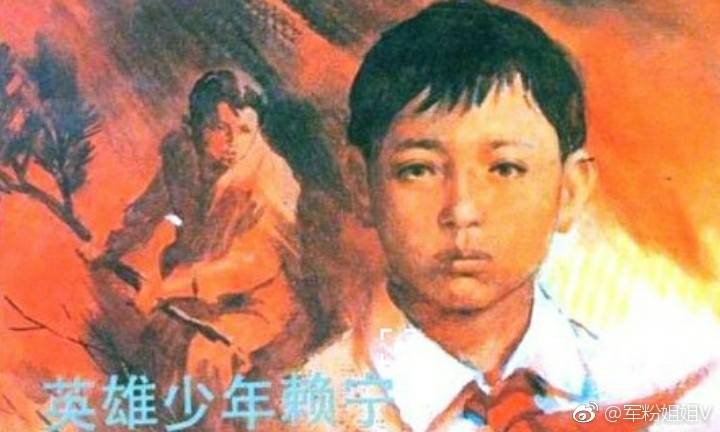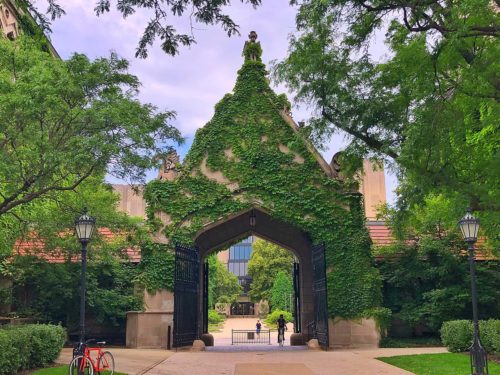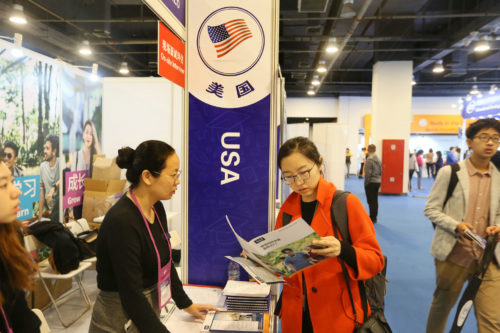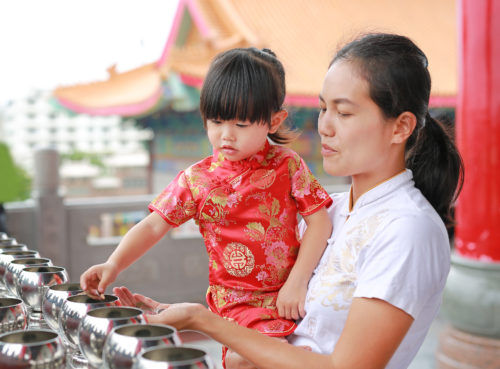Peter Wang, hero to some

Peter Wang 王蒙杰 is the 15-year-old boy killed with 16 others in the school shooting in Florida on February 14. He was born in Brooklyn, but the BBC says that he “spent part of his childhood in his parents’ native China.” Wang was a member of the U.S. Army Junior Reserve Officers’ Training Corps (JROTC), a school program for potential U.S. military officers, and his dream was to attend the West Point Academy. The BBC reports that the prestigious military college admitted Wang to the class of 2025 in honor of his heroism — he died while helping other students to escape the gunman. His funeral took place yesterday.
- The People’s Daily, the Party’s in-house paper, prominently placed a story (in Chinese) about Wang on its website. The story is based on international wire reports, and notes both Wang’s Chinese ethnicity and his admittance to the West Point Academy.
- “From ancient times, heroism comes from the youth: Respect to Peter Wang and Lai Ning!” exclaimed the popular Weibo account of Military Fan Sister (军粉姐姐 jūnfěn jiějiě). Lai Ning 赖宁 was a 14-year-old schoolboy living in Shimian County, Sichuan Province, who volunteered to fight a forest fire and died in the blaze.

- Shanghai Hotline noted (in Chinese) that “hundreds of people” attended Wang’s funeral.
- Reactions online have been mixed: Many Weibo users have called him a hero, or posted memorial candle emojis, but there are also a lot of comments along the lines of “He’s American — why are we honoring him?” Some comments are a little nastier: One Weibo user reacted to this posting of the news (in Chinese) by writing “American hero, Chinese disaster” (美国人的英雄。中国人的灾难。měiguórén de yīngxióng. zhōngguórén de zāinàn).
- I have found very little discussion of America’s gun violence problem in Chinese news and social media. Perhaps the Chinese, like the Americans, have become numb to such news.
A miscellany of links
- Biotech and healthcare: If you’ve been reading The China Project for long, you know I believe China is going to produce some startling medical breakthroughs in the coming years. Here is another piece of evidence for my argument: NPR reports that doctors in China are leading the race to treat cancer by editing genes.
- Journalism: Changpian, Tabitha Speelman’s occasional newsletter about Chinese long-form journalism and creative nonfiction, is out with a new issue. Highly recommended if you are looking for interesting contemporary Chinese-language writing.
- One way to make people take the stairs: CGTN reports that Beijing authorities are installing elevators in old apartment buildings. Residents will not need to pay for the installation, but they’ll be charged, by swiping a card, 0.2 yuan ($0.03) per ride.
- If you’re an Access member: You can chat with our editorial team anytime on our Slack messaging channel. If you want to join Access, click here.
- If you’re in New York on Monday, February 26: Please join us for a live recording of the Sinica Podcast on courts and torts in China — traffic law, injury, and liability. This subject sounds dry, but it is fascinating, as the law affects Chinese people’s behavior after accidents in strange ways: Cases of intentionally killing survivors to avoid having to pay compensation are common, as is the reluctance to help strangers in distress because the Good Samaritan so often ends up in legal trouble.






